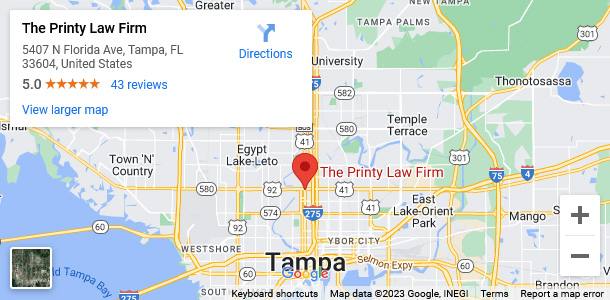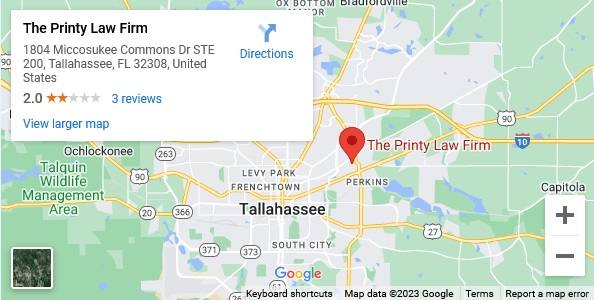10 Tips For Ladies
Employment Discrimination Attorney | As a female artist and through my work with Gedenk Movement, I realized that “It’s a Man’s Man’s World,” and although women’s rights in the U.S. are currently under attack we are still considered as “progressive” compared to the lack of basic women’s rights in many parts of this world. Hence, it is our responsibility to demand what was granted to us by law.
On July 2nd 1964, President Johnson signed the new “Civil Rights Act of 1964” into law with the considerable presence of impact from leading activists including Rev. Dr. Martin Luther King, Jr. and other civil right’s leaders. The law’s provisions created the Equal Employment Opportunity Commission to address race and sex discrimination in employment and a Community Relations Services. It followed The1963 “March on Washington for Jobs and Freedom” that was a part of the civil rights activists’ campaigns focusing on schools, housing, and jobs. We have come a long way since the bill was passed. However, discrimination at the workplace is still boldly present in our society. For example, how many of you have been in a situation of being sexually harassed at your work place and were left wondering what, if anything could be done? You submitted a report and nothing happened, you were asked to keep things quiet or perhaps you have been told that you are making a big deal out of nothing. Really?!
My personal experience and discussing this subject with my female friends taught me that often times we do not follow up with an effective course of action simply because we are not sure what is the right thing to do, what are our legal rights and most importantly; we are too hurt and emotional to act in a logical way that would produce the results that would satisfy us.
Here is something that we all must know according to the U.S. Equal Employment Opportunity Commission whose website states:
Sexual harassment is a form of sex discrimination that violates Title VII of the Civil Rights Act of 1964. It is unlawful to harass a person (an applicant or employee) because of that person’s sex. Harassment can include “sexual harassment” or unwelcome sexual advances, requests for sexual favors, and other verbal or physical harassment of a sexual nature. Harassment does not have to be of a sexual nature, however, and can include offensive remarks about a person’s sex. For example, it is illegal to harass a woman by making offensive comments about women in general.
Needless to say that sexual harassment and discrimination can affect women’s lives; their mental health, physical health even their social and economic status. The effects are far reaching beyond the work place, transferring to personal lives, home lives and to those who rely on them.
Here is a list of 10 tips that I found to be effective and I hope that could be useful if you ever find yourself in a situation like that, you should always refer to an attorney for legal advice.
- Don’t be afraid to confront; always defend yourself or tell the harasser to “back off.”
- Don’t disregard or pretend that the harassment did not happen. Share and describe the specifics without “coloring” the truth.
- Document evidence of the harassment with the dates and time, photos, written correspondence, video or audio recordings, names of people that could testify and obtain copies.
- Report to your employer: Employers are responsible to protect their employees from sexual harassment and discrimination. They should take action against sexual harassment once they are made aware of it.
- Insure that your confidentiality is maintained.
- Don’t negotiate or allow any excuses or manipulations that would undermine your case and dissuade you from taking action.
- Ask your employer to promote a nondiscrimination policy at your work place such as seminars, meetings, e-letters, blogs, newsletters etc.
- File your claim within 180 days of the last incident of harassment with the EEOC (under Title VII of the 1964 Civil Rights Act) to begin the process for obtaining relief under Title VII. An EEOC claim can be filed in a manner to protect the victim’s identity. Title VII covers all public and private employers in the United States, as well as U.S Citizens working for a U.S. company based in a foreign country. Complaints can be filed through EEOC district offices located across the United States. The Civil Rights Act covers only companies with 15 or more employees; however State fair employment agencies (FEP) laws may be more generous and extend to smaller companies. The EEOC investigation can take over a year, if you wish, you and your attorney can skip the EEOC investigation, but you must at least file a claim with the agency to obtain “the right to sue” letter that allows you to enter court.
- Consult with an attorney. Make sure that you choose an attorney that has experience with employment discrimination law. Your employment discrimination attorney would recommend to you your legal options and weather you should file a claim under State Fair Employment Practice (FEP) status, a law suit to receive money for compensatory damages or file your case with more than one agency. Employment discrimination attorney referrals can be obtained by contacting local (e.g women’s centers, rape crisis centers) or national women’s organizations, your union (if member), specialized employee interest groups, law schools, legal aid community services, state Fair Employment Practice (FEP) agencies, or state Equal Employment Opportunity Commission (EEOC) offices.
- Report to the police immediately if the harassment has a criminal nature.
Although I hope you will never have to use this list, as a woman in a male dominated field, understanding the difficulties and the challenges that we all face, the reality is that we still have a long way to go. I would like to encourage all of us not to be afraid, to stand up for our own and work together to move us forward for a better future of equality and respect. -Huffington Post
The employment discrimination attorney at Printy Law Firm can inform you of legal options you may not know you have. If you or a loved one has experienced an injury or wrongful death due to someone else’s negligence, contact The Personal Injury Department at Printy Law Firm.
Call today for a confidential consultation | Tampa 813.434.0649 | Tallahassee 850.877.7299





